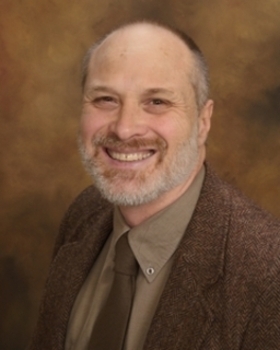This text-based course is a transcript of the live seminar, “Denial of Deficits and Aphasia,” presented by George Fluharty, M.A., CCC-SLP.
>>George Fluharty: I will be speaking on denial of illness and aphasia. The first section of the presentation will be anosognosia and levels of awareness. Anosognosia refers to denial of illness. The next section will describe some types of aphasia often associated with anosognosia and will be followed by ways of assessing anosognosia for aphasia. In the final section, I will describe techniques for improving function for people with aphasia and anosognosia.
I will describe self-awareness also known as insight as well as level of awareness. I will follow Crosson et al.’s (1989) system of levels of awareness. These include intellectual, emergent, and anticipatory awareness. I will also describe disorders of self-awareness focusing on anosognosia, and anosognosia for aphasia.
Anosognosia
The term “anosognosia”, literally the lack of knowledge of disease, was introduced in 1914 by Babinski to describe the behavior of two patients with left hemiplegia who ignored and denied their paralysis. Observers had long noted that patients with jargon aphasia tend to deny their speech deficits. Babinski was the first neuroscientist to use the term anosognosia. Andrew Kertesz, in his chapter in George Prigatano’s book, the Study of Anosognosia, wrote that “Prior to Babinski, this phenomenon (i.e. anosognosia) was documented in aphasia (by Wernicke in 1874) and in blindness, such as Anton’s syndrome (in 1898).” In Kolb and Wishaw’s book, Fundamentals of Human Neuropsychology (1980), they define anosognosia as the loss of ability to recognize or to acknowledge an illness or body defect usually associated with right parietal lesions. I will be describing anosognosia associated with parts of the brain other than the right parietal lobe.
People with aphasia and anosognosia may be unaware of language impairments, may deny language difficulties, fail to correct speech errors and may refuse to adopt compensatory strategies. Later I will describe a person with aphasia who is inconsistent in admitting that he was aphasic, but who tried to correct errors and compensatory strategies. As noted previously, anosognosia was observed as early as the late 1800’s with people who have aphasia, especially in people with Wernicke’s aphasia. I will be discussing anosognosia and Wernicke’s aphasia. I will also be describing a client with non-fluent aphasia and anosognosia associated with frontal lobe damage.

